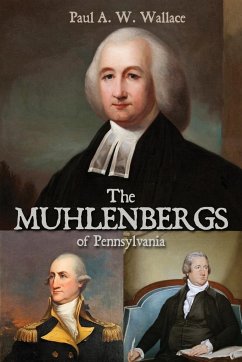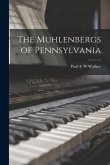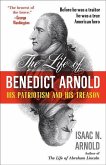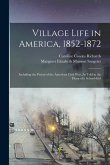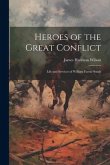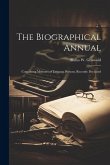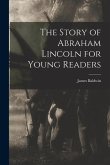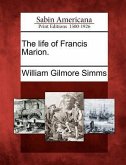As a follow-up to his lengthy biography of Conrad Weiser, Paul A. W. Wallace narrates the impacts of the prominent Muhlenberg family from Pennsylvania. Henry Melchior Muhlenberg, the founder of the Lutheran Church in America, married Anna Maria Weiser, the daughter of Conrad Weiser, Pennsylvania's Indian agent and interpreter during the late colonial period. Muhlenberg's sons, Peter and Frederick soon became prominent citizens in their own right. Peter, who had settled in Virginia, became a major general in the Continental Army during the American Revolution. Frederick took the political route and became the first Speaker of the House of Representatives. Wallace tells the story of this impactful family based on primary sources. As with Weiser, this is the best book written to date about the Muhlenbergs.

